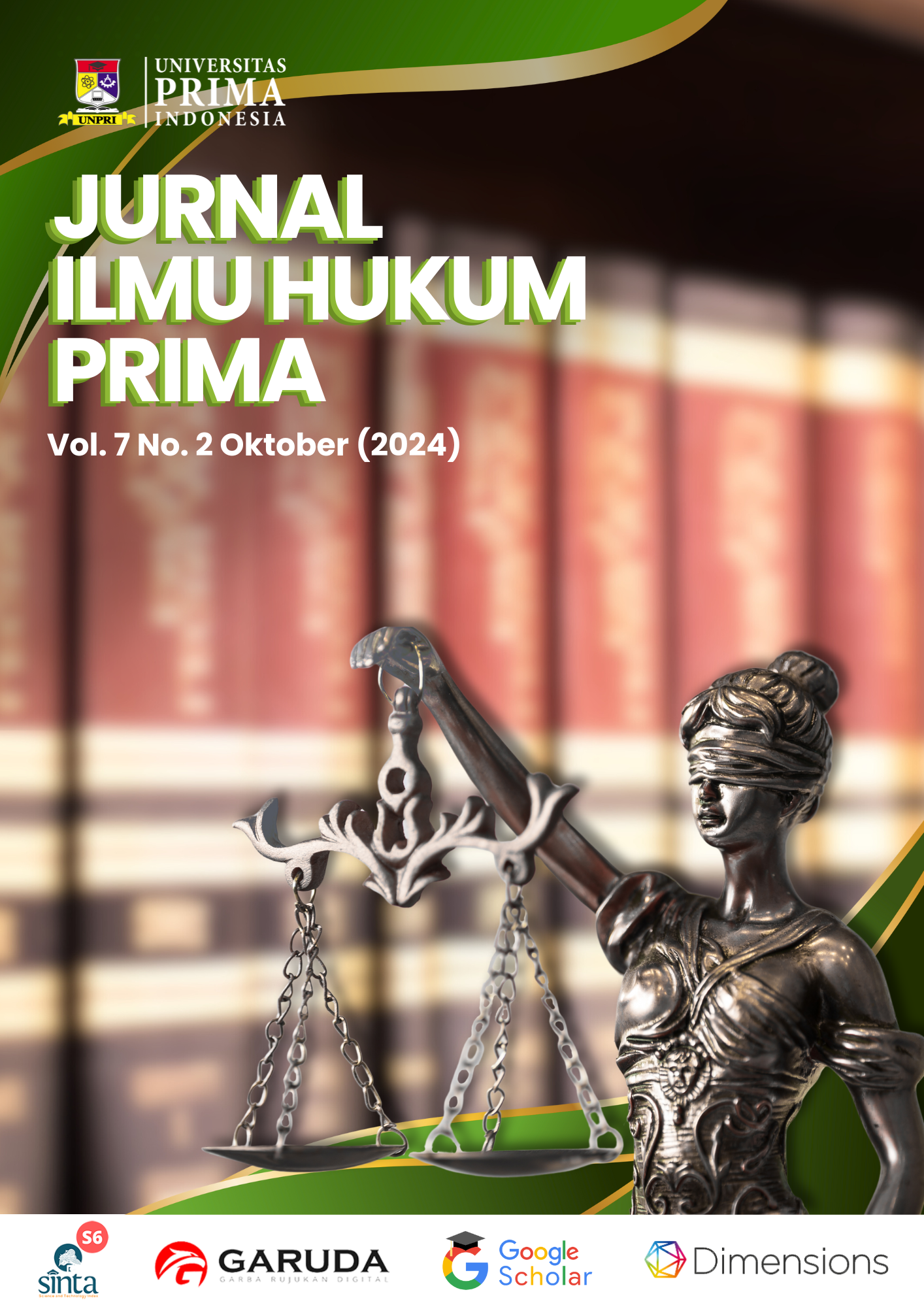Tinjauan Yuridis Mengenai Perlawanan Pihak Ketiga (Derden Verzet) Terhadap Putusan Verstek
##plugins.themes.academic_pro.article.main##
Abstract
The objective of this study is to analyze the juridical aspects of third-party objections to default judgments within the civil justice system in Indonesia. This research aims to understand how judges consider third-party objections and how such objections may affect the enforcement of default judgments. This study adopts a juridical-normative approach, aiming to deeply analyze the prevailing legal norms related to third-party opposition (derden verzet) against default judgments. This approach emphasizes an examination of legal materials, including legislation, doctrines, and court decisions. The methods used in this study are library research and document analysis, where the researcher gathers and examines relevant literature and analyzes legal documents to comprehensively understand the issues studied. The research reveals several important findings regarding third-party objections to default judgments in the context of Indonesia's civil justice system. First and foremost, to submit an objection, the third party must have a right or interest that is harmed by the default judgment. This indicates that third-party opposition cannot be made arbitrarily; it must be based on actual harm suffered by the third party as a result of the judgment. Furthermore, third parties intending to file an objection must not have been involved in the prior proceedings and must not be represented by any of the litigants in the case.

